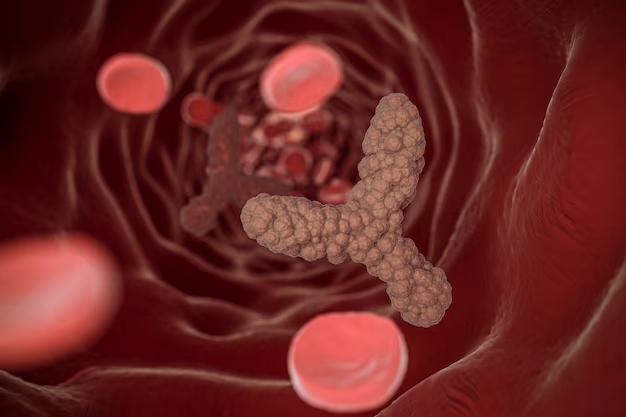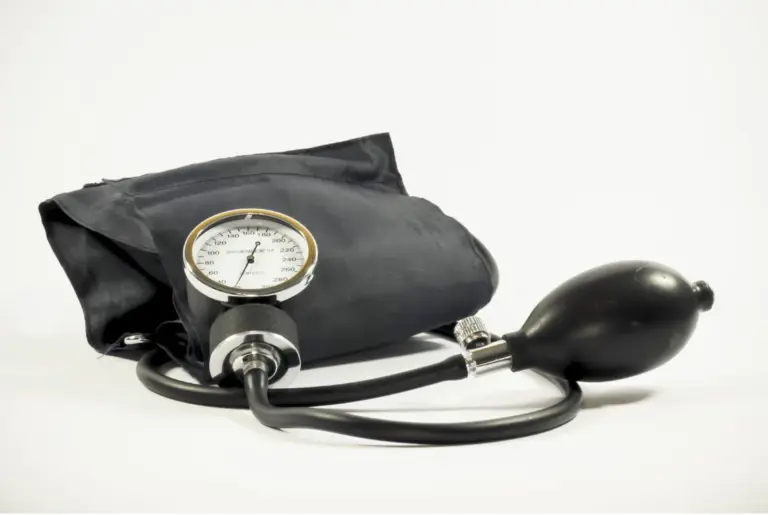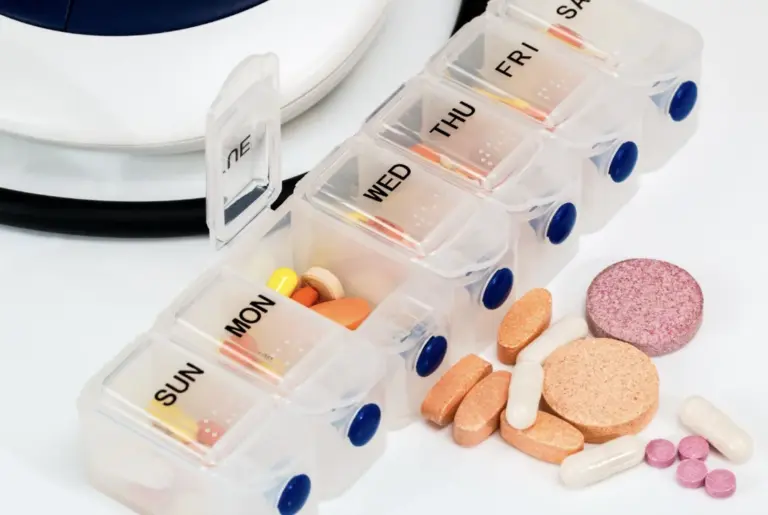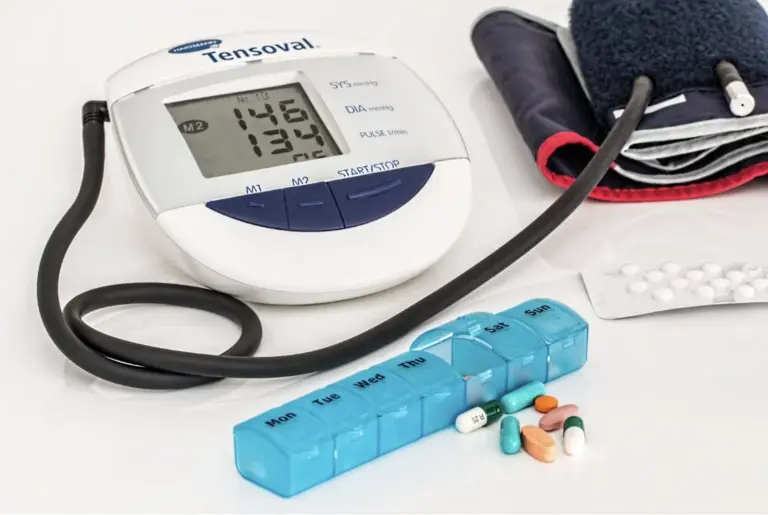When the heart pumps blood into the arteries, the pressure created on the artery walls is known as blood pressure. Not only are individuals diagnosed with diabetes, high cholesterol, or obesity more vulnerable to high blood pressure or hypertension, but unhealthy lifestyle choices can also cause this chronic condition.
Such a condition can be treated with healthy lifestyle modifications. However, other medications also help curb high blood pressure. Angiotensin II receptor blockers are an example used to treat high blood pressure.
What are angiotensin II receptor blockers (ARBs)?
Although angiotensin II plays a vital role in the body, an excess of this protein can affect the –
- Circulatory system by constricting blood vessels and raising blood pressure.
- Nervous system by increasing thirst and salt craving. Excess sodium intake leads to fluid retention in the body.
- Endocrine system, which increases aldosterone secretion from the adrenal glands, resulting in sodium and fluid retention.
- Urinary system by causing the kidneys to reabsorb water, which raises blood volume and blood pressure.
Benefits of angiotensin II receptor blockers (ARBs)
Healthcare professionals prescribe angiotensin II receptor blockers to counter the effects of angiotensin II. Here are some benefits of these receptor blockers:
- Lower the amount of pressure on artery walls to prevent high blood pressure
- Reduces the risk of heart attacks or limits heart damage
- Reduces inflammation in the liver to mitigate non-alcoholic fatty liver disease
- Slows kidney damage, especially in cases of diabetes
- Aids the heart in pumping more blood to all body parts
Side effects and risks of angiotensin II receptor blockers (ARBs)
Several healthcare experts recommend angiotensin II receptor blocker intake instead of angiotensin-converting enzyme (ACE) inhibitors. Both these drugs reduce the effect of angiotensin however, the former causes fewer side effects. Some potential angiotensin II receptor blockers side effects include:
- Dizziness
- Excess potassium in the blood
- Swelling of the skin owing to fluid retention
- Digestive issues
- Headache
- Fatigue
- Affects blood flow to the kidney, an issue more likely to occur if one is diagnosed with renal artery stenosis
- Elevated potassium levels which can cause an irregular heartbeat or other heart-related issues
How they work
Angiotensin is a peptide hormone produced in the liver that narrows blood vessels. Therefore, when blood vessels constrict, blood pressure levels naturally elevate. When the body detects low blood pressure or reduced sodium levels, the kidney releases renin, an enzyme, into the bloodstream. Renin splits angiotensinogen, a protein synthesized in the liver. The angiotensin-converting enzyme (ACE) transforms angiotensin I into angiotensin II, which retains fluid and sodium, increasing blood pressure.
These medications work on blocking receptors that the hormone acts on, especially angiotensin I which constricts blood vessels in the heart, and angiotensin II to prevent heart and kidney damage.
Angiotensin II receptor blockers are oral medications, and patients are required to take them once or twice a day, depending upon the type of ARB prescribed. However, refraining from taking such medication during pregnancy, as they may increase the risk of birth defects, stillbirth, low blood pressure, kidney failure, and hyperkalemia (high blood potassium).
Most individuals who take medications for high blood pressure have to continue taking them for life. It is not feasible to stop taking them even after your blood pressure is under control. However, it is advisable to check with your healthcare provider before taking over-the-counter medicines
No matter the age, your health is in your hands. Take precautions early on to mitigate hypertension and keep this chronic condition at bay. Discover more information with BP in Control’s online portal. Find expert physicians through our Find a Physician tool, ensuring early diagnosis and personalised intervention for health conditions.
Disclaimer
The information contained in this article is to educate, spread awareness in relation to hypertension and other diseases to the public at large. The contents of this article are created and developed by BPinControl.in through its authors, which has necessary, authorisations, license, approvals, permits etc to allow usage of this articles on The Website. The views and opinions expressed in this article are views, opinions of the respective authors and are independently endorsed by doctors. Although great care has been taken in compiling and checking the information in this article, The Website shall not be responsible, or in any way liable for any errors, omissions or inaccuracies in this article whether arising from negligence or otherwise, or for any consequences arising therefrom. The content of this article is not a substitute for any medical advice. The Website shall not be held responsible or liable for any consequence arising out of reliance on the information provided in the article.




